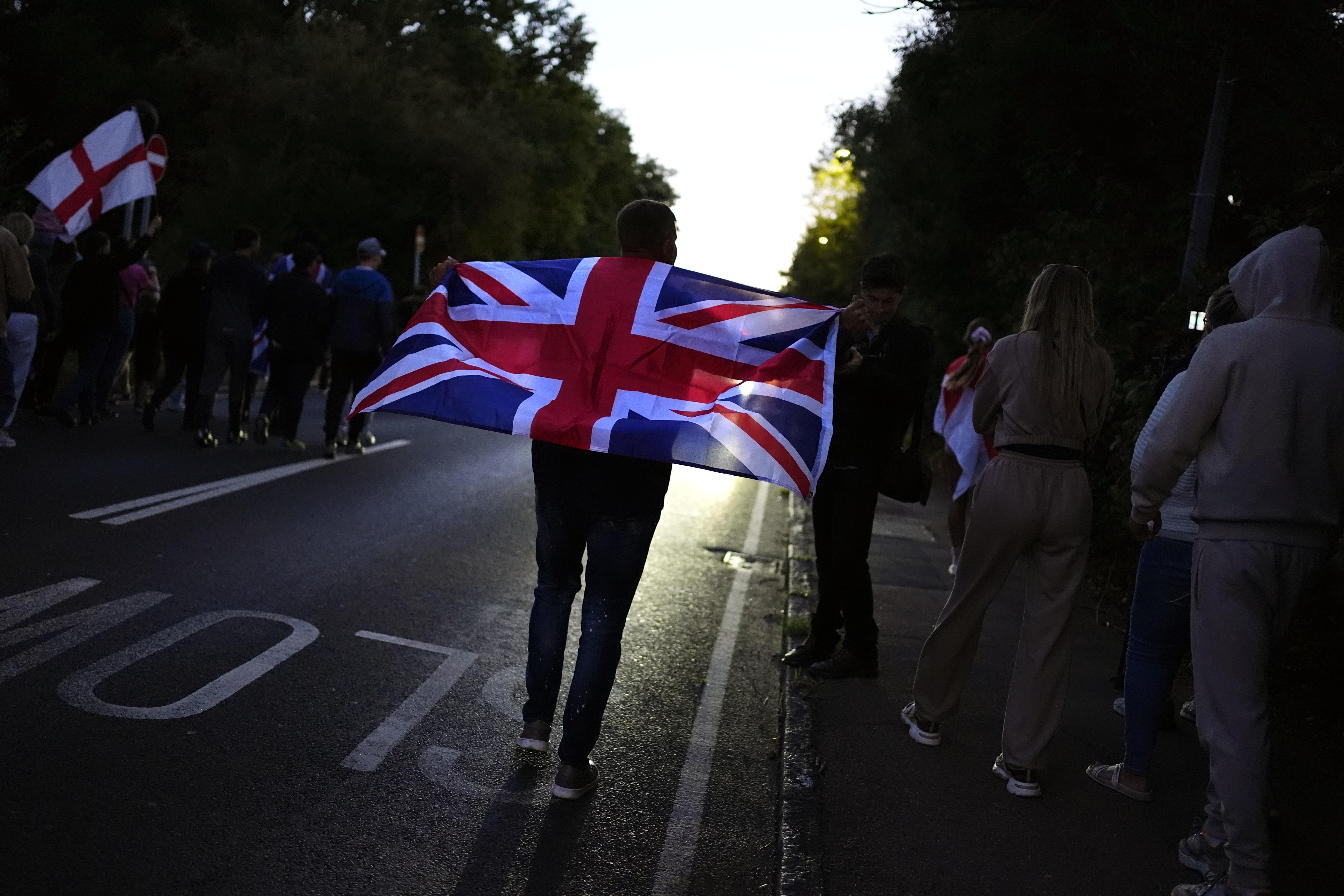Leading female politicians, campaigners and cultural figures have signed an open letter criticising attempts from the right to link sexual violence in Britain to the arrival of asylum seekers.
The letter - signed by musicians Paloma Faith, Charlotte Church and Anoushka Shankar, as well as Labour, Green and independent MPs including Kim Johnson, Ellie Chowns, Diane Abbott and Zarah Sultana – says they “reject the far right’s racist lies about ‘protecting’ women and girls”.
“They are not defenders of women – they exploit violence against women to fuel hate and division,” reads the letter, coordinated by Stand Up to Racism and titled ‘Women Against the Far Right’.

The letter, seen by The Guardian, warns: “Violence against women and girls is a serious and urgent issue. But it will never be solved by the likes of Nigel Farage and Robert Jenrick targeting refugees, Muslims and migrants.
“There is no evidence that people seeking refuge are more likely to commit acts of sexual violence. Many are themselves survivors of violence, war, and persecution. Blaming them distracts from tackling the deep-rooted causes of abuse and from holding those truly responsible to account.”
It also accuses the far right of spreading misinformation to whip up protests and unrest outside hotels housing asylum seekers, which include women and children. The letter argues that this does nothing to make women in Britain feel safer.
The letter was also signed by Labour MPs Nadia Whittome, Bell Ribeiro-Addy and Mary Kelly Foy, as well as the Labour peer Shami Chakrabarti. The general secretaries of unions, including the Bakers, Food and Allied Workers Union, the Public and Commercial Services Union and the Transport Salaried Staffs’ Association, were also among signatories to the letter.
It follows a wave of protests over the summer, amid discontent with how the government has managed the small boats crisis and housed migrants in hotels.

Meanwhile, the Bell Hotel in Epping, Essex, became the focal point of several demonstrations and counter-protests in recent weeks after an asylum seeker housed there was charged with sexually assaulting a teenage girl last month. He has denied the charges.
Reform UK leader Mr Farage has repeatedly tried to link illegal immigration with levels of violence against women and girls, claiming that an “Afghan male has a 22 times more likely chance of being convicted of rape than somebody born in this country”.
Giving a press conference last month, he also said that "40 per cent of sexual assaults in London over the course of the last five years have been committed by those born overseas".
His statistics were based on analysis by the Centre for Migration Control, which describes itself as a "think tank committed to controlling and reducing migration to Britain". While there is evidence to suggest that Afghan men have marginally higher offending rates compared with Britons, the scale of Mr Farage's figures has been disputed by Office for National Statistics data.
Meanwhile, shadow justice secretary Mr Jenrick previously said he is worried for the safety of his three daughters because of asylum seekers with “medieval attitudes” coming to Britain.

Mr Farage also faced condemnation last month after pledging to deport women and children as part of his plan to remove up to 600,000 people with no right to be in the UK during the first term of a Reform government.
He later rowed back on it, insisting that he had been “very, very clear” that the party was focused on “illegal males” and “not even discussing women and children at this stage”.
Mr Farage’s plan was met with condemnation from charities who accused him of “dehumanising people who have fled war and persecution”.
Care4Calais’s chief executive, Steve Smith, said the majority of people “don’t want to see women and children placed in detention centres, denied their rights to safety”.
Meanwhile, Jon Featonby, chief policy analyst at the Refugee Council, added: “Detaining children en masse was never workable. It would have breached long-standing safeguarding protections and carried serious legal, diplomatic and moral consequences. No amount of tough talk will solve the challenges in our asylum system.”
Reform UK and Mr Jenrick’s office have been contacted for comment.
Kemi Badenoch pledges to make oil and gas ‘cornerstone’ of UK economy
Yvette Cooper pauses new refugee family reunions in fresh asylum crackdown
Report that rejects claim NI peace deal stops UK leaving ECHR sparks debate
Paying Taliban to take migrants ‘might be sensible transaction’, says Tice
Reeves sidelined as Starmer hires new economic team in surprise reshuffle






